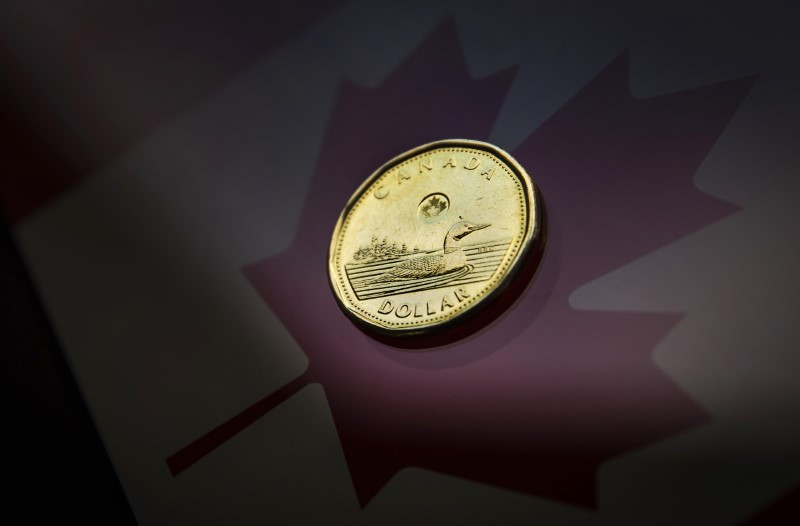* Canadian dollar at C$1.2667, or 78.95 U.S. cents
* Oil prices fall 0.9 percent
* Bond prices higher across the yield curve
* Canada-U.S. 2-year spread hits widest since June 14
TORONTO, Feb 21 (Reuters) - The Canadian dollar weakened to a nearly two-week low against its U.S. counterpart on Wednesday as oil prices fell and the greenback made broader gains.
The price of oil, one of Canada's major exports, was weighed down by an expected rise in U.S. crude production and by a rebound in the U.S. dollar .DXY from three-year lows hit last week. crude CLc1 prices were down 0.9 percent at $61.23 a barrel.
The recent climb in U.S. Treasury yields helped the greenback gain ground against a basket of major currencies ahead of minutes of the Federal Reserve's most recent policy meeting. 9:21 a.m. EST (1421 GMT), the Canadian dollar CAD=D4 was trading 0.1 percent lower at C$1.2667 to the greenback, or 78.95 U.S. cents.
The currency's strongest level of the session was C$1.2643, while it touched its weakest since Feb. 9 at C$1.2683.
Losses for the loonie came after recent data showed a drop in December manufacturing shipments and wholesale trade, which could dent prospects for monthly gross domestic product.
Canada's retail sales report for December is due on Thursday and the country's January inflation report is set for Friday.
Canadian government bond prices were higher across the yield curve in sympathy with U.S. Treasuries. The two-year CA2YT=RR price rose 2.5 Canadian cents to yield 1.814 percent and the 10-year CA10YT=RR climbed 15 Canadian cents to yield 2.305 percent.
The gap between Canada's 2-year yield and its U.S. equivalent widened by 0.9 of a basis point to a spread of -44.4 basis points, its widest since June 14.
Ontario's Liberals, the ruling party in Canada's most populous province, introduced legislation on Tuesday that would give officials authority to retaliate against U.S. states that institute "Buy American" procurement policies. on Tuesday, British Columbia moved to crack down on real estate speculators, expanding its foreign buyer tax and introducing a new speculation tax, as part of a wide-ranging strategy to cool housing prices in Canada's most expensive real estate market.
